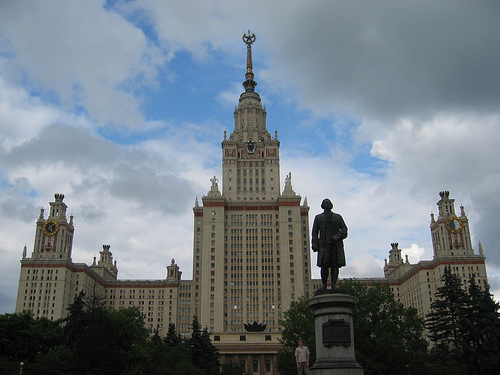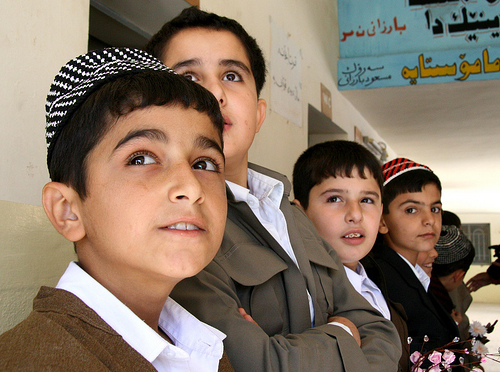New Report Shows the High Cost of Keeping Children Out of School
 A new report released by the Washington, DC-based Results for Development Institute (R4D) has shown that it is more expensive to keep children out of school than to educate them. The study, entitled Hidden Burden: The Economic Cost of Out-of-School Children in 20 Countries, shows that out-of-school children significantly affect developing countries’ economic growth.
A new report released by the Washington, DC-based Results for Development Institute (R4D) has shown that it is more expensive to keep children out of school than to educate them. The study, entitled Hidden Burden: The Economic Cost of Out-of-School Children in 20 Countries, shows that out-of-school children significantly affect developing countries’ economic growth.
The right of a child to education is a basic human right, but across the globe 57 million children of primary age are out of school, most of whom live in Africa and Southeast Asia. In addition to the losses the children themselves suffer from not attending school, R4D’s report shows that countries are also hurting their future economic potential by not educating their children.
By studying developing countries’ labor markets and using data from the UNESCO Institute of Statistics R4D has evaluated the losses from under-educated children who will not contribute as much to their country’s GDP. In addition, they totaled how much potential future earnings the children themselves will lose by having fewer employment options available to them.
The conclusion, according to R4D’s Milan Thomas, is that on average “the cost of out-of-school children dwarfs the spending required to achieve universal primary education by a ratio of five to one.”
For several Sub-Saharan African countries, in fact, the cost of not educating children is higher than a full year’s economic growth.
In the case of Nigeria, Thomas explains, where 10 million children do not attend school, in ten years when those children enter the labor force the country will suffer a full one percent loss of its GDP, equivalent to almost $3 billion.
In publishing this research, R4D hopes to inspire governments and policy makers to push harder for universal primary education.
Creative Commons Love: fouss_djikine on Fickr.com






 The
The 
